Medical Device Cloud ERP Software
#1 Cloud ERP for Medical Device Manufacturers and Distributors
NetSuite’s ERP cloud platform is the industry solution of choice for inventory and order management, ecommerce, financials and CRM. With customers throughout the medical device industry, we have experience supporting businesses like yours.


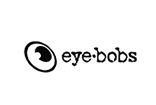
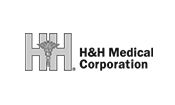
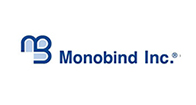

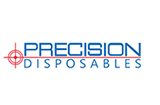
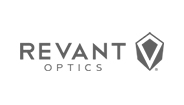
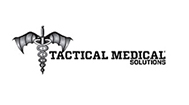
Efficiently manage the complexities of your medical device business in the
cloud:
Optimize your supply chain with increased visibility for improved quality control of your devices.
Enable a buy anywhere, fulfill anywhere experience with real-time inventory visibility across all locations and warehouses.
Achieve a 360-degree view of the buyer across all channels and touchpoints.
Real-time, pre-built reporting customizable to your needs for full visibility into your business health.
platforms, including SAP, and I’ve been through six major
implementations. This was by far the best.”
Went Live with NetSuite’s SuiteSuccess in Just 4 Months
before which was really guesswork. Now we work less hard
but make more money.”
With Complete Suite
$7.66 to $2.12—savings of roughly $80,000 annually for Precision Medical.
RUN YOUR BUSINESS
ON A SINGLE, TRUE
CLOUD PLATFORM.
Rid yourself of multiple,
disparate applications and
bring your data into one
customizable system.
KNOW YOUR
OPERATIONS LIKE
NEVER BEFORE.
Gain insight from data gathered across your organization and empower your employees with the information they need.
GET A 360-DEGREE
VIEW OF YOUR
CUSTOMERS.
Record every interaction automatically in a single, searchable system – from marketing to selling to service and support.
ENGAGE YOUR
CUSTOMERS
EVERYWHERE.
Deliver true omnichannel shopping and service experiences across web, mobile, in-store and call-center.





























